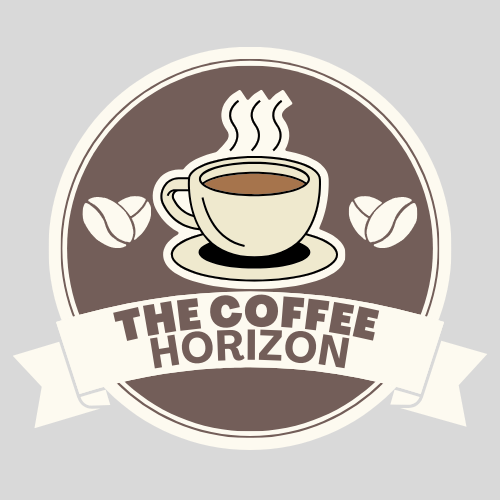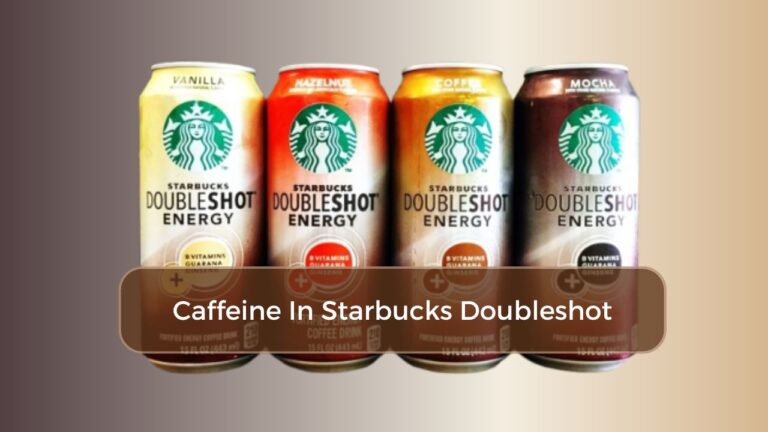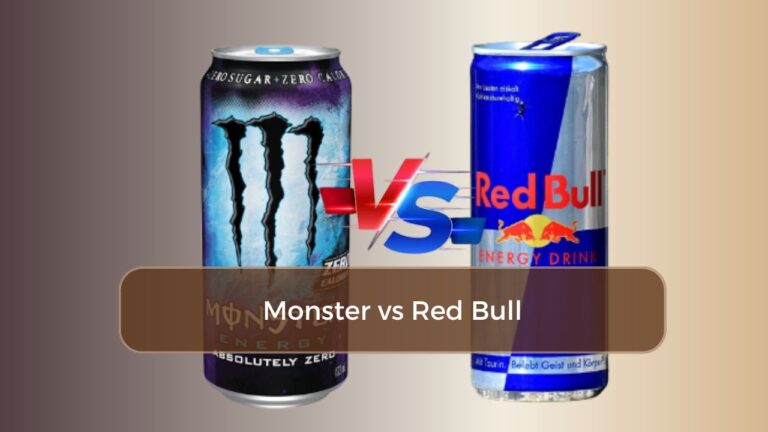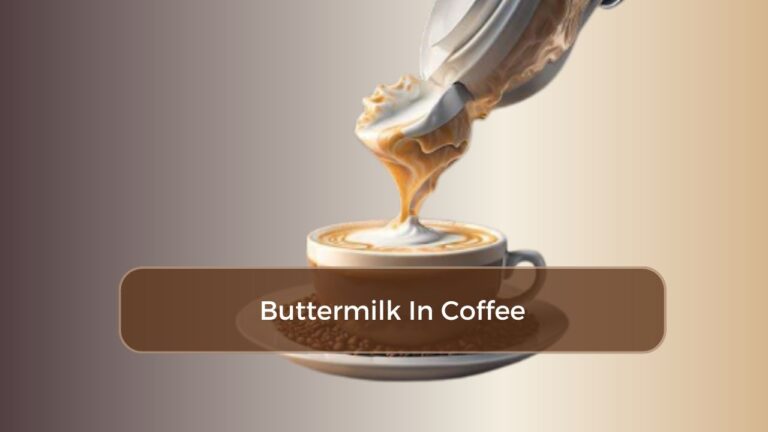Does Coffee Extract Have Caffeine: Get The Truth In 2025
Not all coffee products are created equal when it comes to caffeine content. As the popularity of coffee extracts continues to rise, many consumers are left wondering: does coffee extract have caffeine?
Understanding the caffeine levels in these extracts is crucial for those looking to manage their intake or explore new ways to enjoy coffee. In this article, we’ll unveil the truth behind coffee extract and its caffeine content, equipping you with the knowledge needed for your next coffee-related decision.
What is Coffee Extract?
Coffee extract is a concentrated form of coffee that captures the rich flavors and aromatic compounds of the beans, offering an intense coffee experience in a convenient format. Unlike traditional brewed coffee, which can often dilute the essential oils and nuanced tastes, coffee extract distills these elements into a liquid that can be easily incorporated into a variety of culinary creations.
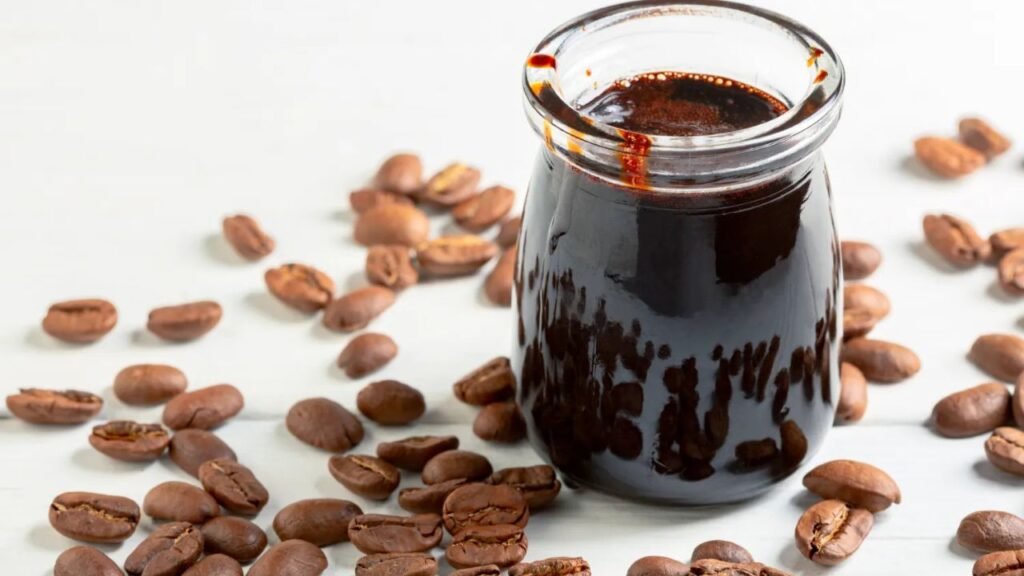
Beyond its culinary applications, coffee extract is gaining traction in the wellness community for its potential health benefits. Rich in antioxidants, it may provide a natural energy boost without the jittery side effects often associated with drinking multiple cups of coffee.
The Caffeine Content in Coffee Extract
The caffeine content in coffee extract can vary significantly depending on the type of coffee bean, the extraction method, and even the brewing time. Generally, coffee extracts are more concentrated than regular brewed coffee, meaning they pack a punch in terms of caffeine.
A standard cup of brewed coffee contains about 95 milligrams of caffeine, whereas a single tablespoon of coffee extract could contain upwards of 200 milligrams. This potent concentration not only amplifies the caffeine kick but also intensifies the flavor profile, making it an ideal ingredient for culinary creations and beverages.
Differences Between Coffee and Coffee Extract
The table below is a detailed table that shows comparison between coffee and coffee extract:
| Feature | Coffee | Coffee Extract |
|---|---|---|
| Form | Brewed liquid | Concentrated liquid |
| Flavor Profile | Nuanced, varies by brew method | Intense, concentrated flavor |
| Uses | Beverage | Flavoring agent in foods/drinks |
| Caffeine Content | Varies by brew method | More consistent across servings |
| Preparation Time | Requires brewing process | Ready-to-use |
| Aroma | Freshly brewed aroma | Potent aroma |
| Versatility | Primarily consumed as a drink | Used in various culinary applications |
Factors Influencing Caffeine Levels
Understanding these factors helps tailor caffeine intake for desired effects:

- Brew method affects caffeine extraction; espresso is concentrated, but drip coffee has more overall.
- Bean type influences caffeine levels; Robusta beans have about twice the caffeine of Arabica.
- Roast level impacts caffeine content; darker roasts may have less caffeine than lighter roasts.
- Serving size impacts caffeine intake; standard coffee has about 95 mg of caffeine.
- Individual metabolism varies; genetic factors affect how long caffeine’s effects last.
- Additives like sugar and milk can mask caffeine’s stimulating effects, leading to overconsumption.
- Time of day affects caffeine sensitivity, afternoon/evening consumption may heighten alertness.
Health Benefits of Coffee Extract
The health benefits of it are mentioned below:
- Coffee extract contains antioxidants that help reduce oxidative stress in the body.
- It may improve cognitive function and enhance memory retention.
- Studies suggest it can boost metabolism and aid in weight management.
- Coffee extract may lower the risk of certain diseases, including type 2 diabetes.
- It has anti-inflammatory properties that can benefit heart health.
- Regular consumption might improve physical performance during exercise.
- Some research indicates potential protective effects against neurodegenerative diseases.
How to Use Coffee Extract Safely
It can be used safely by adhering to recommended dosages and guidelines. It’s important to start with small amounts to assess tolerance, as excessive intake can lead to side effects like insomnia or jitteriness.
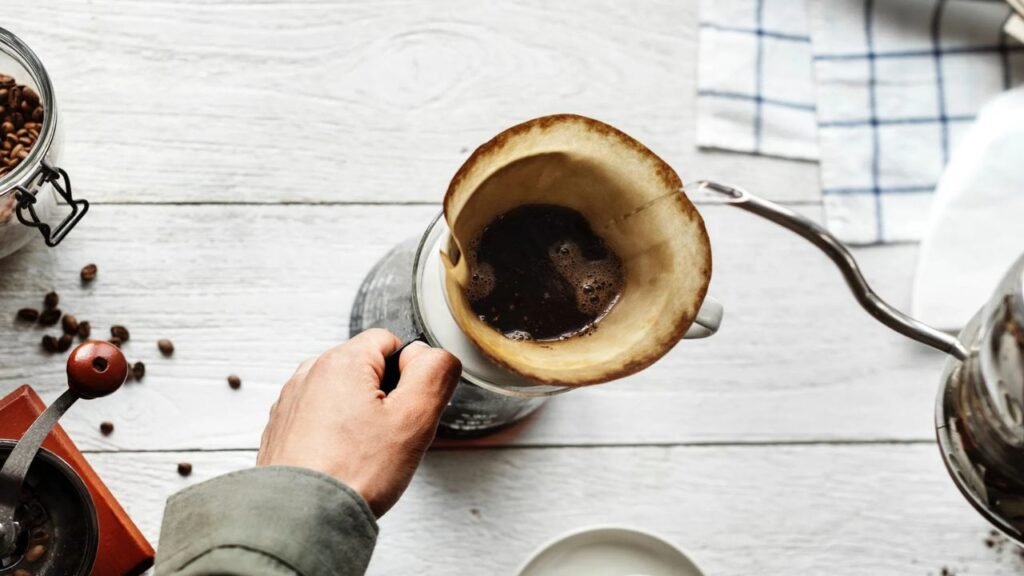
Always choose high-quality coffee extracts from reputable sources to ensure purity and safety. Pregnant individuals and those with certain medical conditions should consult a healthcare professional before use.
Combining coffee extract with other stimulants may increase the risk of adverse effects. Monitoring your body’s response is crucial, and adjusting usage accordingly helps maintain safety while enjoying the potential benefits of coffee extract.
Popular Products Containing Coffee Extract
- It is widely used in various products for its flavor and health benefits.
- Common products include cosmetics, skincare items, and dietary supplements.
- Coffee-infused beverages, like cold brews and energy drinks, are popular among consumers.
- Some brands incorporate coffee extract into snacks and desserts for added taste.
- The extract is valued for its antioxidant properties and potential metabolism-boosting effects.
- It is also found in some health-focused food products aimed at enhancing energy.
Conclusion
In exploring the question, “Does coffee extract have caffeine?” it’s essential to recognize the nuances that come with different extraction methods. While most coffee extracts do retain a significant amount of caffeine, the concentration can vary widely based on the type of beans used and the process employed.
Cold brew coffee extract may present a more concentrated caffeine profile compared to traditional brewed coffee due to the extended steeping time. This means that when you’re choosing an extract for its flavor or health benefits, you may also be inadvertently adjusting your caffeine intake.
FAQs
Is There Caffeine In Coffee Extract?
Yes, coffee extract typically contains caffeine since it’s made from concentrated coffee beans. The exact amount depends on the type and brand.
Does Coffee Extract Contain Caffeine?
Yes, coffee extract does contain caffeine. It’s often used to add coffee flavor and a caffeine boost in recipes and beverages.
How Much Caffeine In Coffee Extract?
The caffeine content in coffee extract can vary, but on average, one teaspoon may contain around 30–60 mg of caffeine.
How Much Caffeine Is In Coffee Extract?
The amount of caffeine in coffee extract depends on its concentration. Always check the label, but typical extracts have 30–60 mg per teaspoon.
